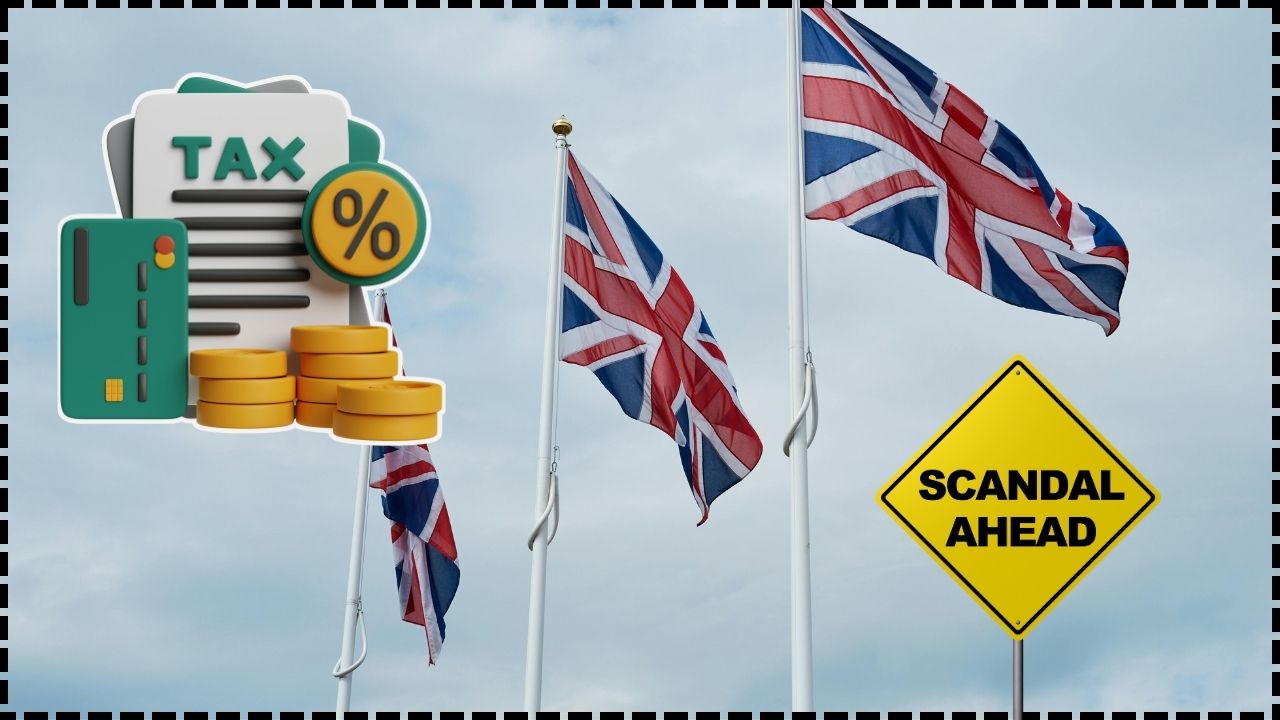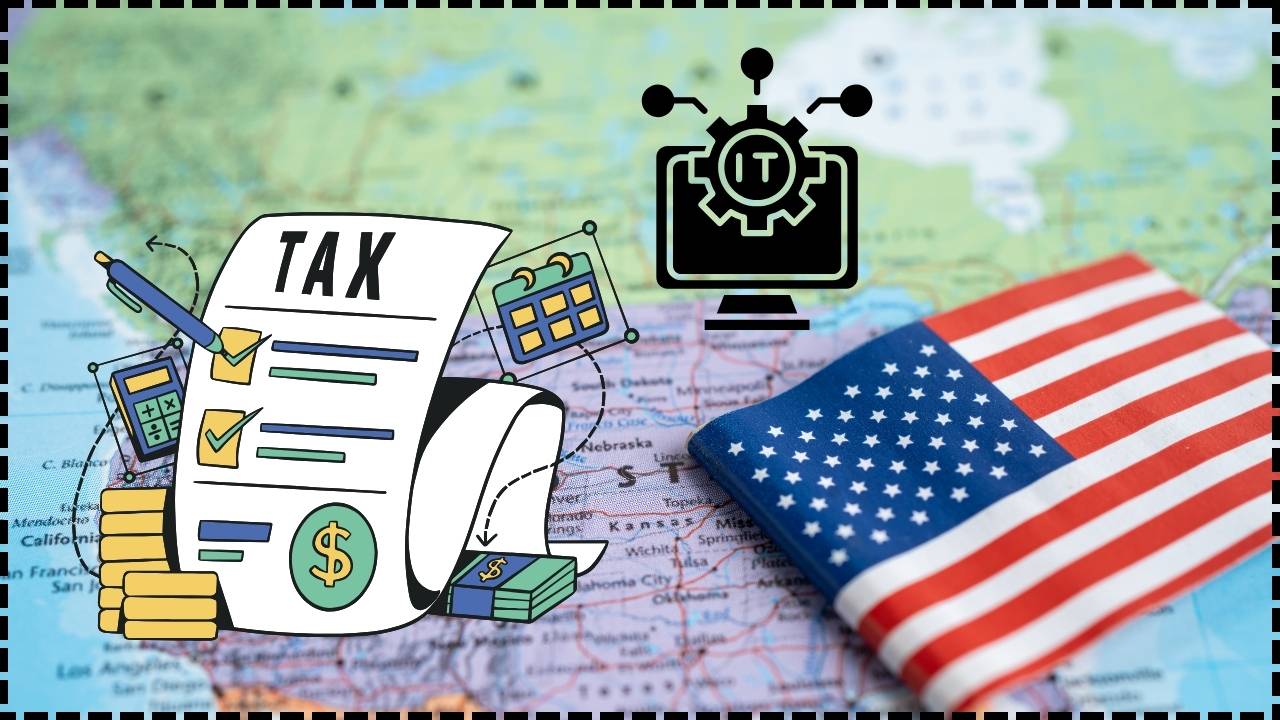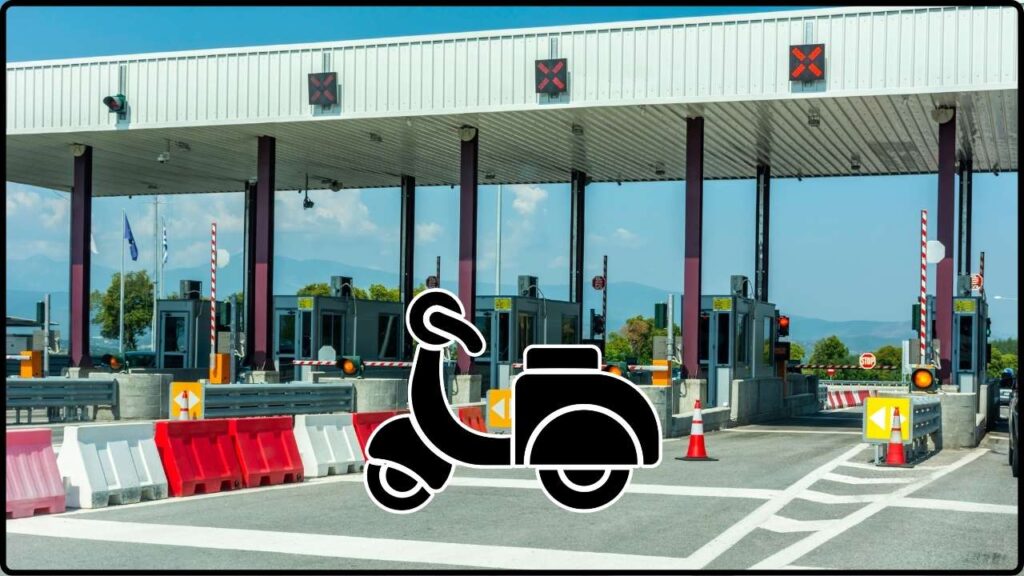
Toll Tax On Two-Wheelers: If you’ve been on social media lately, you’ve probably seen posts claiming that “toll tax on two-wheelers is coming soon.” From WhatsApp forwards to flashy headlines, the rumor spread like wildfire. Riders across India started asking: “Wait, will I have to start paying toll every time I take my bike on the highway?”
Let’s set the record straight right away: two-wheelers are still exempt from toll taxes on all National Highways and Expressways under the National Highways Authority of India (NHAI). No government order has changed this.
This article takes you through the facts, the confusion, and what it really means for everyday riders. We’ll also look at how toll systems work worldwide, why bikes are treated differently, and what the future may hold.
Toll Tax On Two-Wheelers
The rumor about toll tax on two-wheelers in India turned out to be false. Riders remain exempt on all National Highways and Expressways managed by NHAI, thanks to the 2008 Fee Rules. The confusion came from a state expressway, not a nationwide policy. For now, two-wheelers continue to enjoy toll-free rides, keeping transport affordable and accessible for millions of Indians. The government has made it clear: there’s no plan to introduce tolls for bikes. So whether you’re a student, a delivery rider, or a weekend biker, the message is simple: ride on, toll-free.
| Aspect | Details |
|---|---|
| Current Toll Policy | Two-wheelers are exempt from tolls on National Highways (NHAI). |
| Rumor Origin | Viral claims in June 2025 suggested tolls would start from July 15, 2025. |
| Government Response | Union Minister Nitin Gadkari: reports are “misleading.” NHAI: “No toll for bikes.” |
| Legal Rule | National Highway Fee Rules, 2008 – Official Document |
| Confusion Source | Video from Yamuna Expressway (managed by YEIDA, not NHAI). |
| FASTag Note | New annual passes launched in August 2025 apply only to cars, not bikes. |
| Two-Wheeler Numbers | Over 220 million registered two-wheelers in India (MoRTH, 2024). |
| Global Comparison | USA and UK mostly exempt bikes, while some EU and Asian countries charge. |
How Tolling Evolved in India?
Tolling in India started gaining pace in the 1990s, when the government began involving private firms in highway construction. To fund roads, toll collection was introduced.
In 2008, the National Highway Fee Rules gave legal structure to the system. Vehicles were categorized by size and weight, with heavier ones paying more because they cause more road damage. That’s why:
- Trucks and buses pay the most.
- Cars and SUVs pay moderate tolls.
- Two-wheelers are exempt.
The decision wasn’t just about physics. It was about fairness. Bikes are lifelines for India’s middle class and rural areas. According to government data, 75% of Indian households own a two-wheeler, making them the most common vehicle type. Adding tolls would have put extra strain on everyday commuters.
The Rumor of Toll Tax On Two-Wheelers That Sparked Panic
In June 2025, a storm began online. Posts claimed that toll taxes for bikes would begin from July 15.
Imagine a student riding a Honda Activa to college or a delivery rider on a Hero Splendor suddenly being told to pay ₹20 at every toll. For millions, that sounded like a huge financial burden.
But within days, the government clarified:
- Nitin Gadkari, Minister for Road Transport, said the reports were “misleading and baseless.”
- NHAI confirmed that two-wheelers remain exempt from tolls.
- PIB Fact Check called the viral stories fake news.
So the panic was based on misinformation, not reality.
Why The Confusion? The Yamuna Expressway Case
The confusion mainly came from a viral video shot at the Yamuna Expressway (Delhi to Agra). The video showed bikes being stopped and asked to pay toll.
Here’s the catch: The Yamuna Expressway is not under NHAI. It’s managed by the Yamuna Expressway Industrial Development Authority (YEIDA), a state-level body. Unlike NHAI, YEIDA does charge tolls for two-wheelers.
The problem was that people assumed this was a nationwide rule. In truth, it was just one state expressway with its own system.
This highlights an important point: NHAI rules apply only to National Highways and National Expressways. States can set their own toll policies.
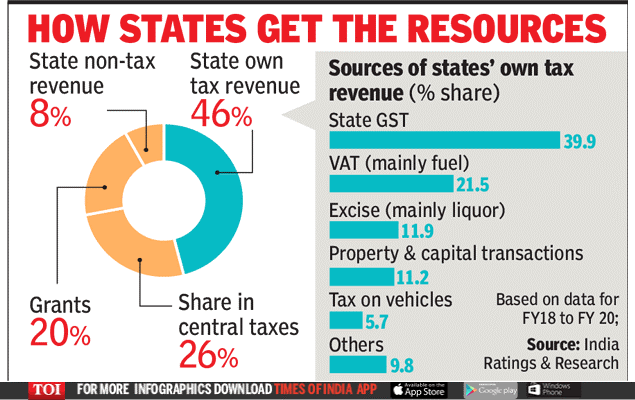
FASTag And Bikes – Do You Need It?
FASTag, the RFID sticker for cashless toll payments, became mandatory for four-wheelers in 2021. But what about bikes?
- Two-wheelers don’t need FASTag on national highways because they don’t pay tolls.
- In August 2025, NHAI launched Annual FASTag Passes for cars to simplify travel. But again, this applies only to four-wheelers.
So if you’re a biker, you don’t need to line up for FASTag or worry about recharges.
Global Perspective – How Other Countries Handle Bike Tolls
India isn’t alone in debating tolls for two-wheelers. Here’s how different regions approach it:
- United States: Motorcycles are usually exempt or charged reduced rates. Some bridges, like the Golden Gate Bridge in San Francisco, charge bikes, but it’s lower than cars.
- Europe: Countries like Italy, France, and Spain charge motorcycles on highways, usually at 30–50% of car rates.
- UK: Bikes are mostly exempt from tolls, even in cities like London with congestion charges.
- Southeast Asia: Countries like Thailand and the Philippines often charge motorcycles on expressways, with special lanes for them.
Compared globally, India’s policy of complete exemption is among the most rider-friendly.
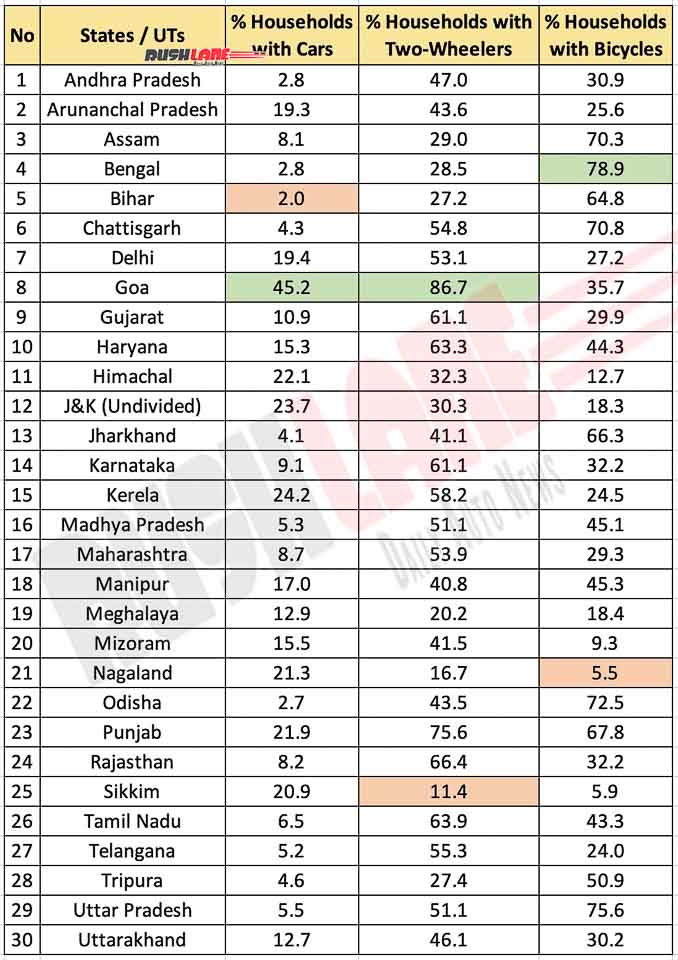
What Would Happen If Bikes Were Tolled?
Though there’s no plan right now, it’s worth imagining the impact:
- Financial Burden: With 220 million two-wheelers, even a ₹10 toll per trip could add up to thousands per year for frequent riders. For working-class families, that’s significant.
- Impact on Delivery Services: Swiggy, Zomato, and courier companies rely heavily on bike fleets. Extra tolls would raise delivery costs, which would eventually hit consumers.
- Traffic Patterns: Bikes are space-efficient and reduce congestion. Tolls might push riders onto already crowded public transport or encourage car use.
- Environmental Impact: Bikes are fuel-efficient. Tolls could discourage their use, leading to more cars on roads, which means higher emissions.
For these reasons, experts agree that tolling two-wheelers would be counterproductive.
Professional Insights – Why Businesses Should Care
This isn’t just about personal riders. Businesses and professionals need clarity too:
- Logistics Costs: Bike fleets are the cheapest way to transport goods in cities. Tolls would eat into margins.
- Gig Economy: Delivery riders already face high fuel prices. Tolls could make the job less sustainable.
- Urban Mobility: Cities like Bengaluru, Delhi, and Mumbai rely on two-wheelers to keep traffic flowing. Restricting them with tolls would hurt efficiency.
So keeping bikes toll-free supports not just individuals but also India’s growing digital and logistics economy.
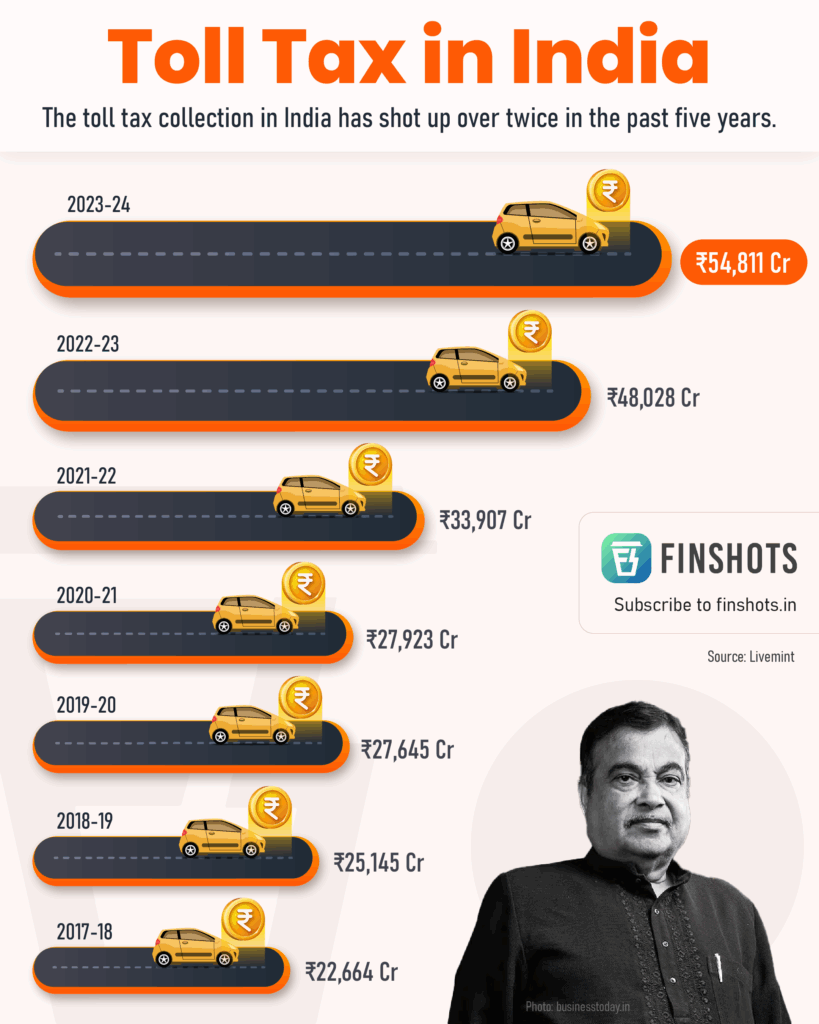
Practical Tips For Riders
- Know Your Rights: If a toll operator on a National Highway asks for payment, politely refuse and ask for official documentation. NHAI rules protect you.
- Check Local Roads: Some state-managed expressways, like Yamuna Expressway, do charge. Always check signage.
- Ignore Fake News: Don’t trust WhatsApp forwards. Stick to reliable sources like PIB Fact Check and NHAI.
- Stay Updated on E-Bikes: Electric scooters and e-bikes are currently exempt, but policies could evolve as adoption rises.
Jharkhand Toll Plaza Faces Heat With Demand for 75% Local Hiring
Big Tax Bill Update – Child Tax Credit Changes Every Family Should Know About
36 Shops Sealed in Indore – Property Tax Non-Payment Crackdown Intensifies



